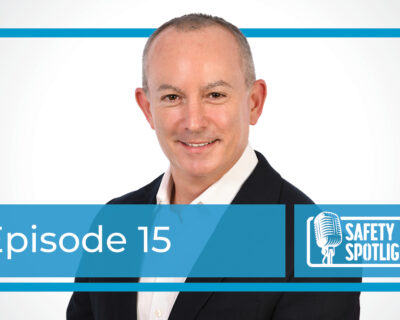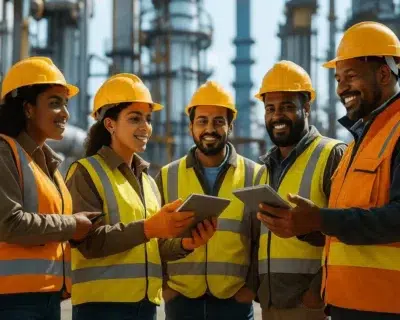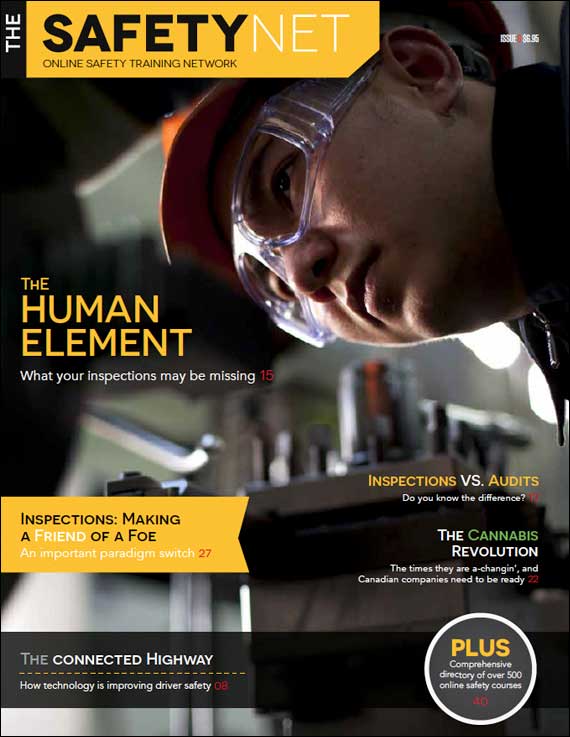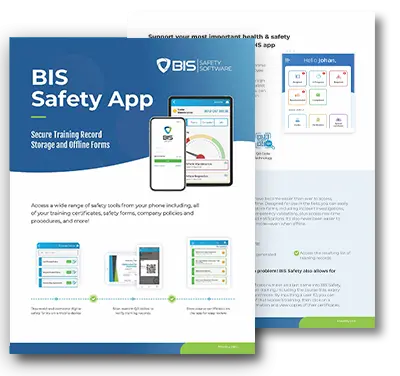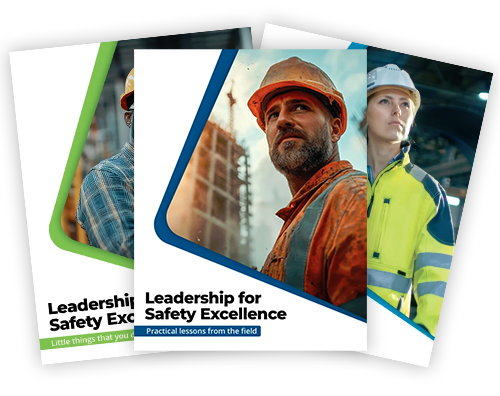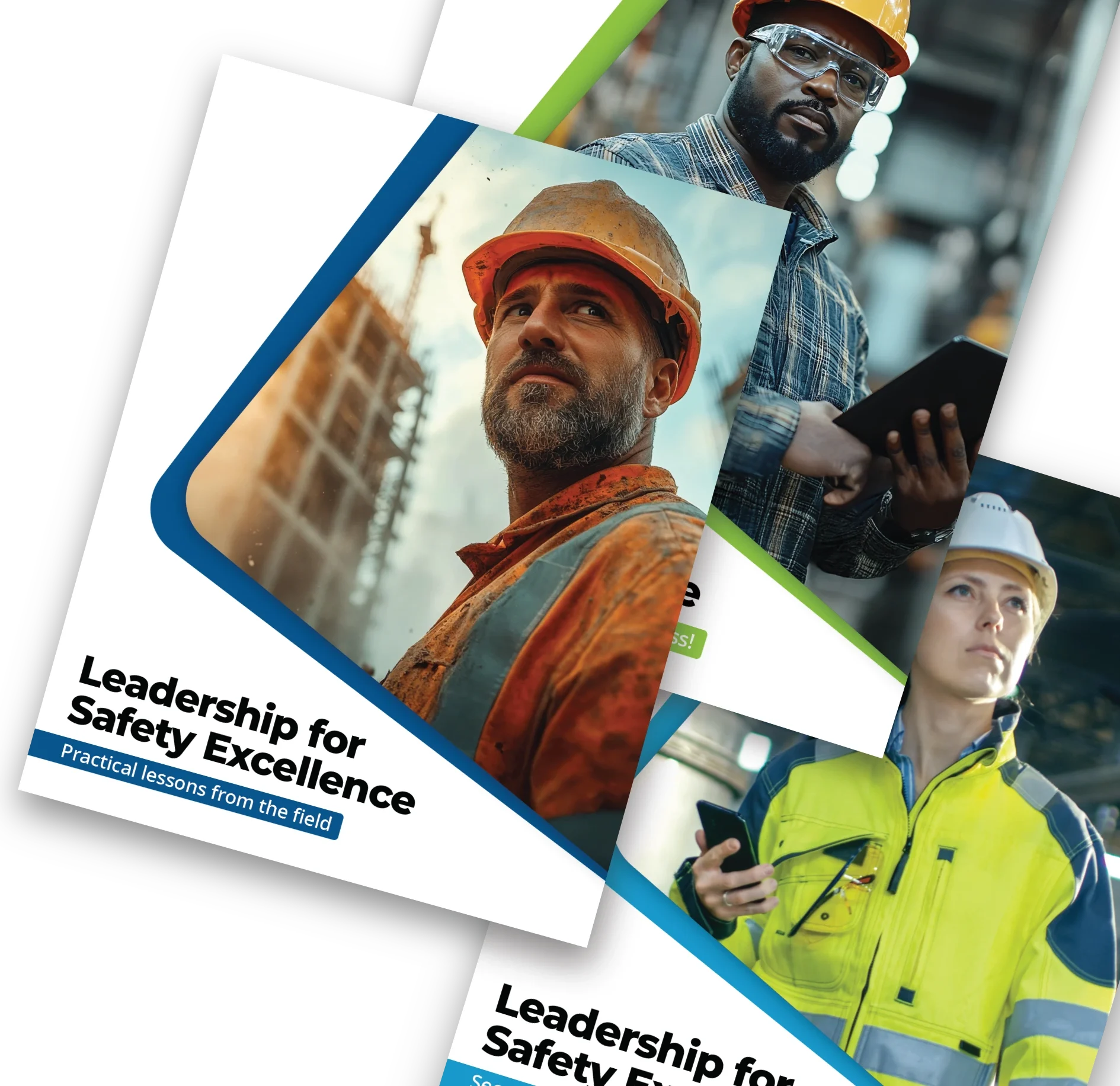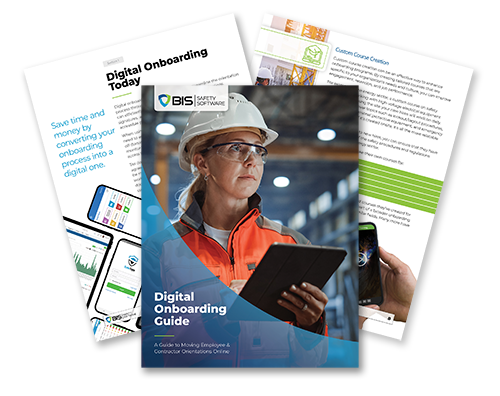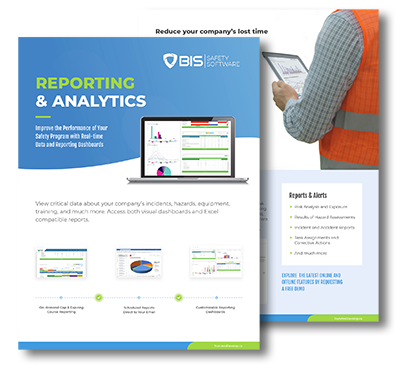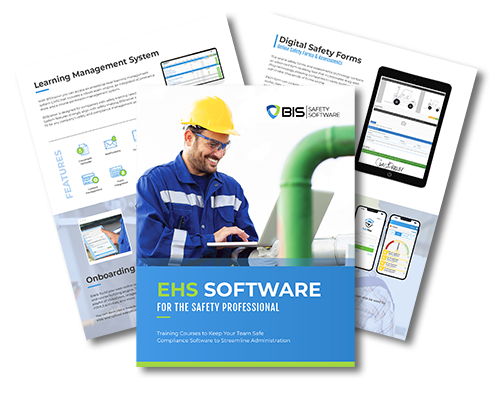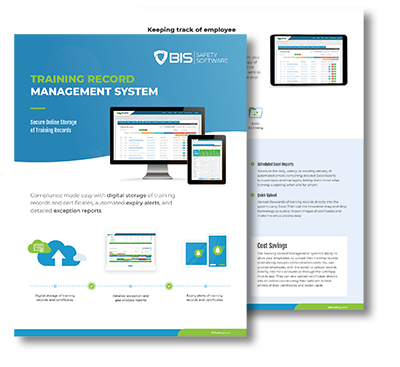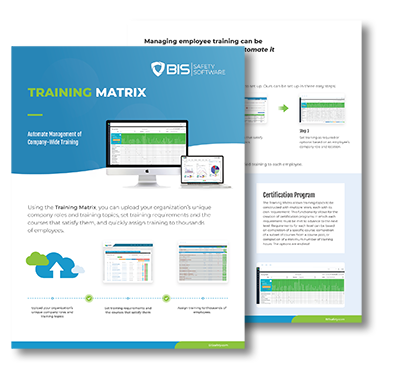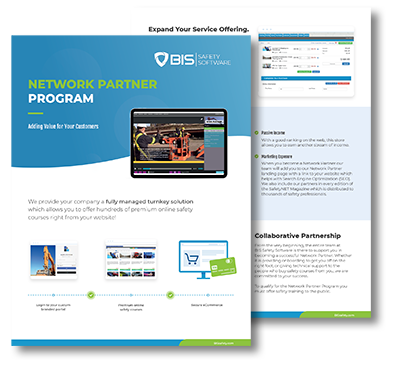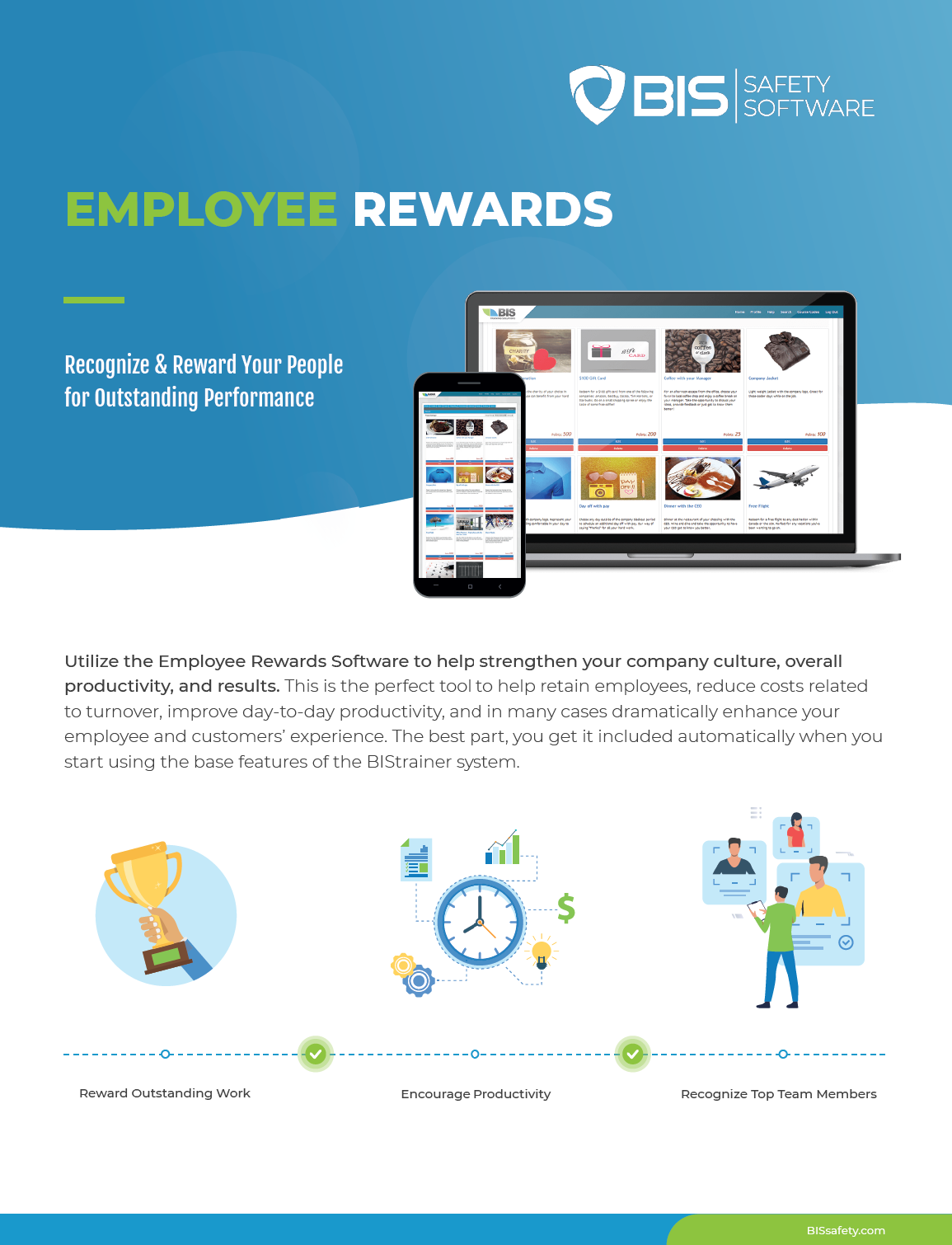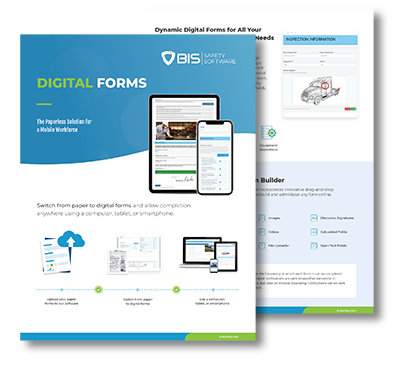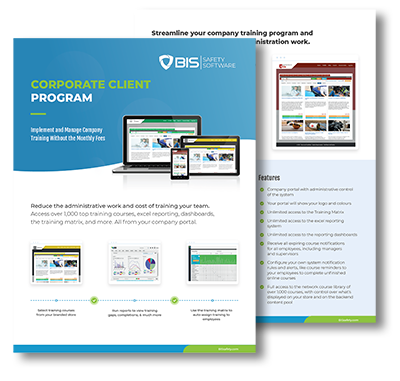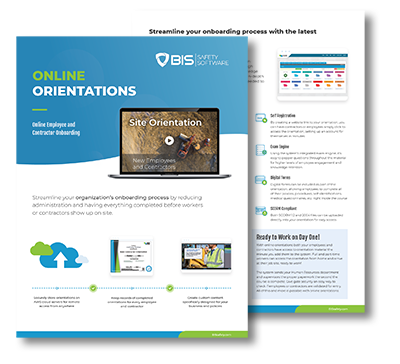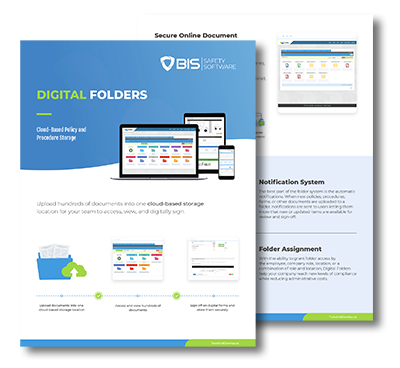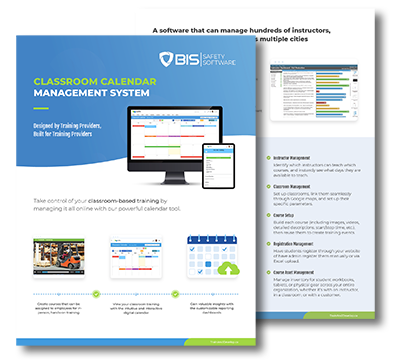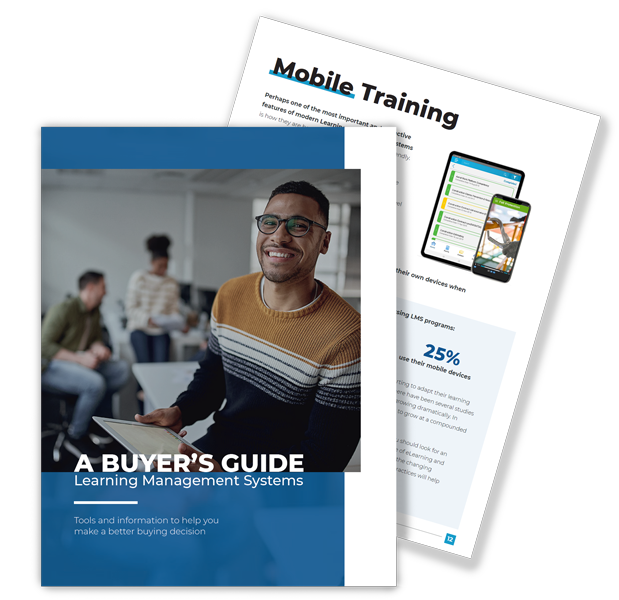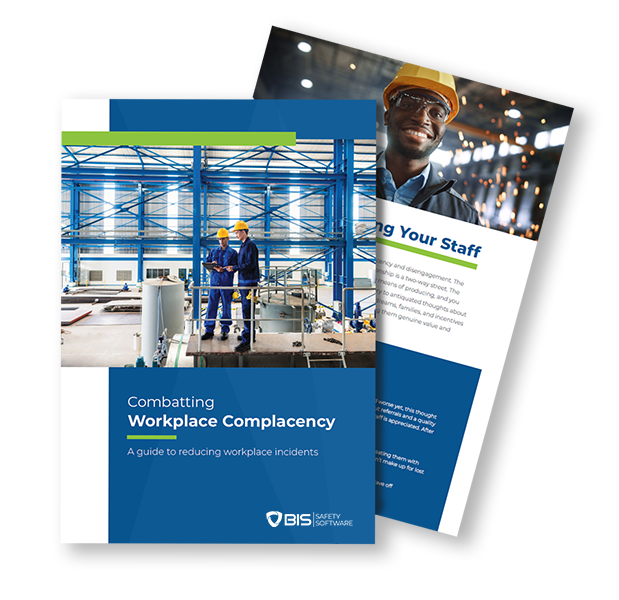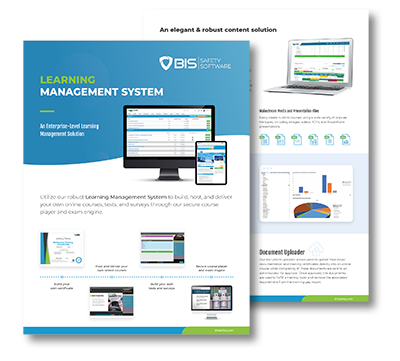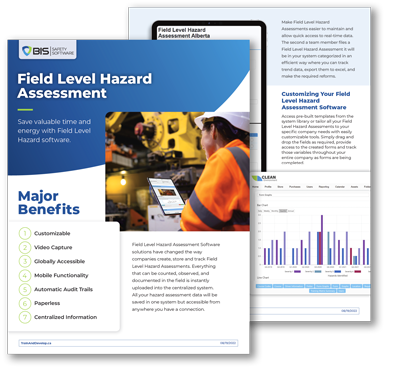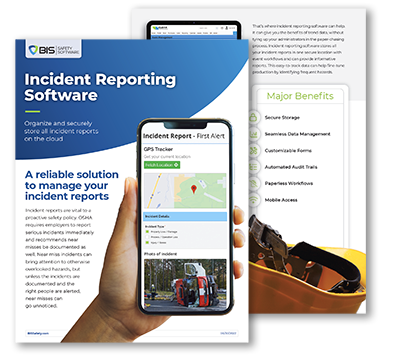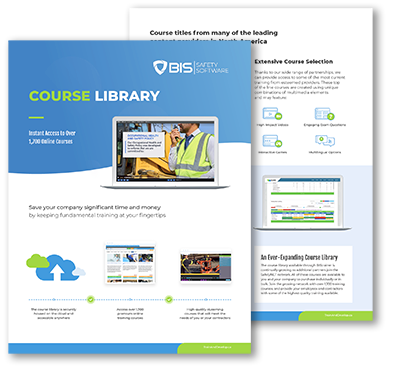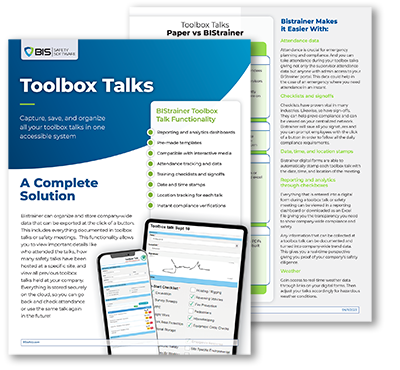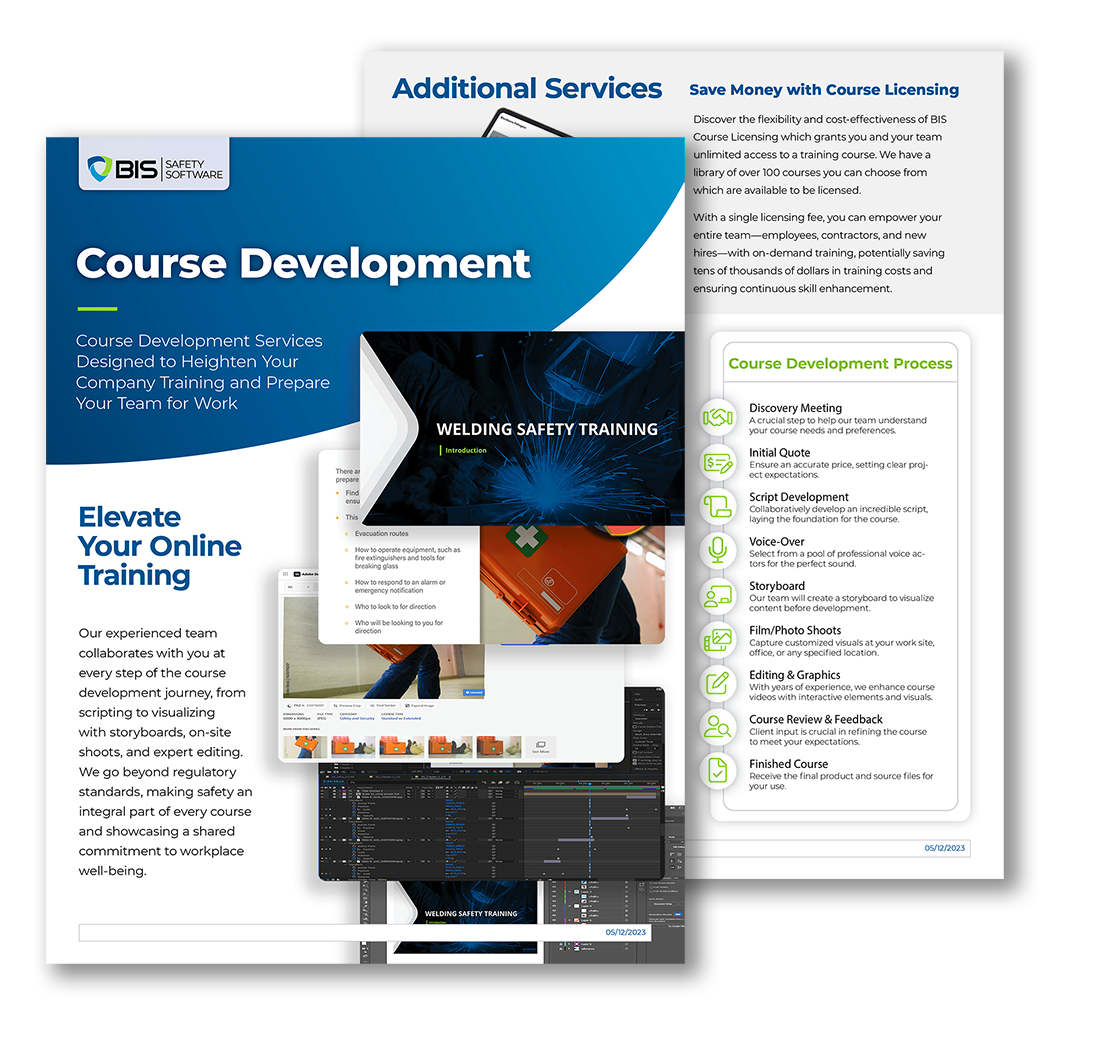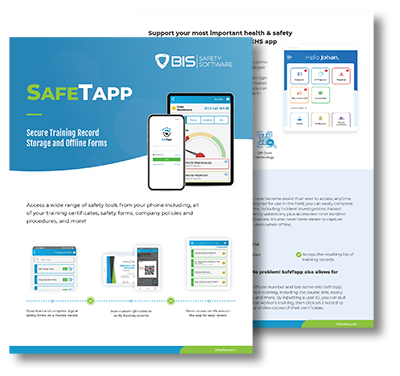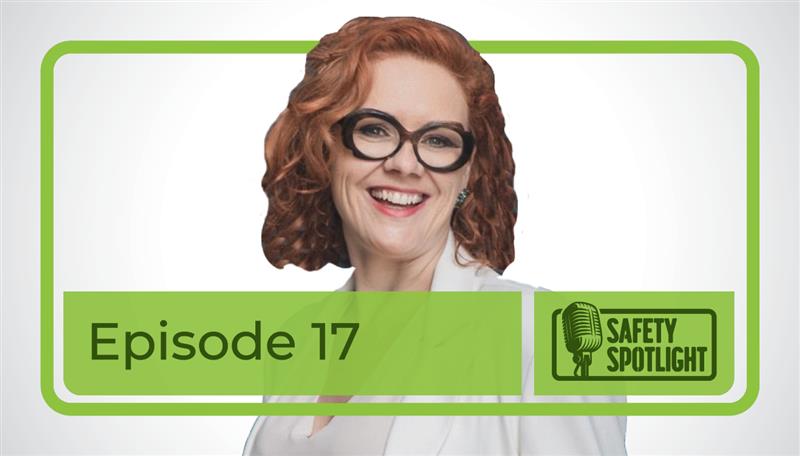
Juliana Bley on Human Factors, Learning Design, and Safer Workplaces Built on Connection
What changes when safety stops being about rules and checklists and instead centers on people, connection, and how adults actually learn? In this episode, Brazilian work psychologist Juliana Bley draws on more than 25 years of experience to share how human factors and thoughtful learning design can transform safety in high-risk industries worldwide.
Juliana has partnered with organizations in oil and gas, mining, manufacturing, energy, and healthcare. From global names like Coca-Cola to experimental safety labs in Brazil and Portugal, she’s witnessed why traditional training often falls flat—and how to design learning that truly resonates. Her mission is simple but powerful: build environments that engage hearts, minds, and hands, not just compliance on paper.
For frontline supervisors, trainers, and executive leaders alike, Juliana’s message is clear: safety education should not be about quick fixes or overwhelming systems. It’s about empathy, creativity, and experiences that stay with people long after the session ends.
Juliana reflects on:
- Why safety training so often feels dull and repetitive—and how to reimagine it
- The role of empathy and humility as core leadership strengths
- How humor, storytelling, and listening foster deeper engagement
- Lessons from her “Safety Lab,” where over 1,000 professionals explored new models of adult learning
- Why systemic change in large organizations requires precise, targeted actions rather than noise—and how “acupuncture” can guide change management
- The importance of building psychological safety and collaboration in high-risk work
Her central lesson?
“We have to stop doing safety for people and start doing safety with people.”
If you’ve ever questioned why safety talks don’t stick, why rules alone don’t shift behavior, or how to spark genuine engagement, this episode is for you. Juliana’s insights and stories challenge the old playbook and point toward a more human, connected future for safety.


